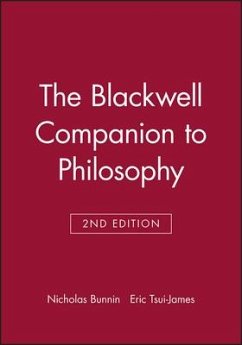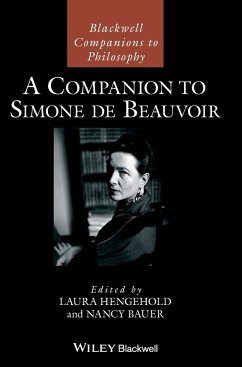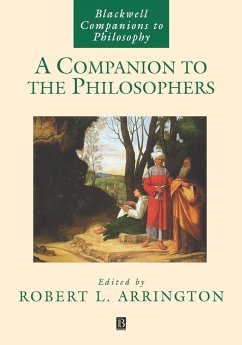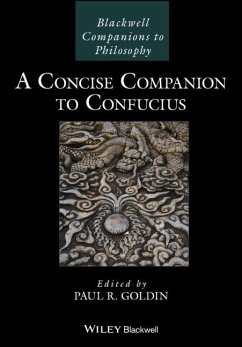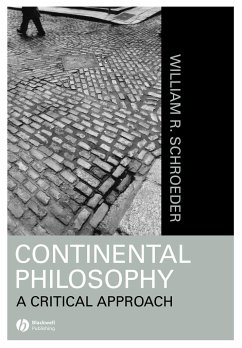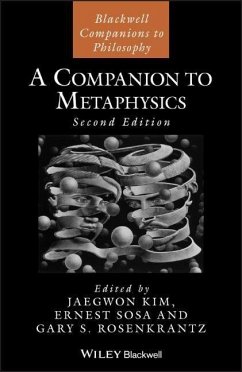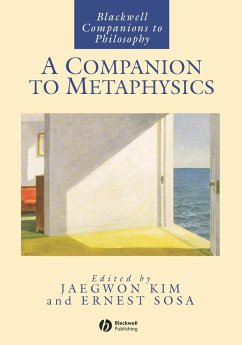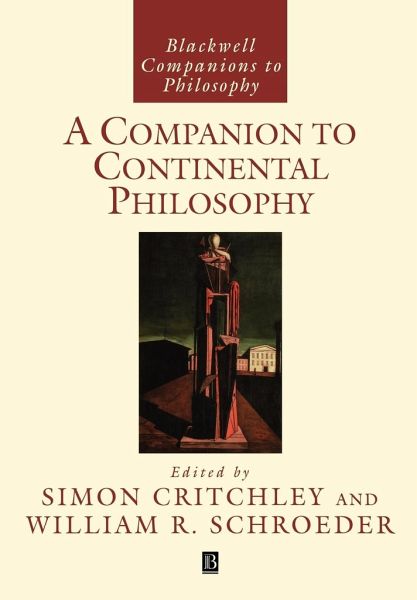
A Companion to Continental Philosophy
Versandkostenfrei!
Versandfertig in über 4 Wochen
58,99 €
inkl. MwSt.

PAYBACK Punkte
29 °P sammeln!
Covering the complete development of post-Kantian Continental philosophy, this volume serves as an essential reference work for philosophers and those engaged in the many disciplines that are integrally related to Continental and European Philosophy.






